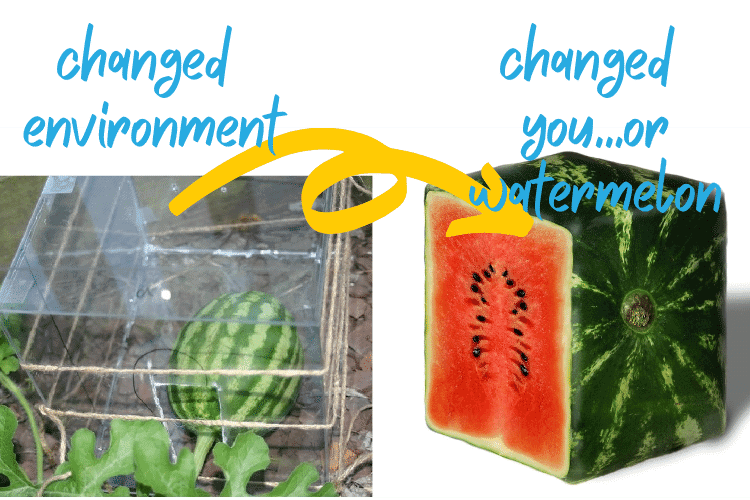I am glad that I got help. Behavior therapy was like having a second teacher that goes to your house, only they don’t teach math. They teach you coping skills. Coping skills are methods used to calm yourself down in stressful situations. I learned coping skills very easily, as coping skills are just stuff like drawing and taking a walk. But the problem was that I had trouble responding to situations in an appropriate way. My aid would ask me scenarios about what I would do in certain situations. A scenario would be like “You didn’t get a good grade on the test, what do you do?” These questions seemed really silly. Of course I knew what to do! I had it reiterated hundreds of times. I answered as any sensible person would, but the problem was that I didn’t act correctly when the real situation happened. For example, if I was given the scenario I talked about earlier, I said “Calm down” but if I actually got a bad grade on a test, I would freak out and not calm down. But it all takes practice. My mom says “You are what you watch and do” or something like that. Basically, if you watch something or do something over and over, your choices are influenced by that stuff. I did those coping skills and scenario situations a million times over and it was boring. But it was making a difference in my behavior. What I was doing in ABA was actually translating over in the real world. I got “take deep breaths” and “use perspective taking” pounded into me so many times that I even just picked it up. I don’t know how to explain it. I just started using all of the skills my aids taught me after lots of repetition. And looking back, I’m glad I did that.

Response to “”
-
Your point of view caught my eye and was very interesting. Thanks. I have a question for you.
Touched by what you read? Join the conversation!
-

How to say “no”, stick to it, and avoid power struggles
Growing up requires us to learn how to tolerate disappointments in life, but many parents feel responsible for shielding their children from experiences they consider too upsetting. You may feel guilt, embarrassment, pain or discomfort, shame, or other negative emotions if you know that you are the reason your child is now whining, crying, yelling,…
Read more >> about How to say “no”, stick to it, and avoid power struggles
-

Fail First To Win
In school, when teachers ask questions, many kids might know the answer, but are too shy or nervous or unsure of themselves to raise their hands, get the correct answer and begin the positive feedback loop for confidence by receiving affirmation from themselves and their community. On curaJOY’s website, we discuss how children develop confidence.…
-

Thinking Outside of
the BoxYourself for a Happier LifeMuch of our own unhappiness and the world’s problems disappear when we can put ourselves in someone else’s shoes. Everyone has a different story, and understanding their perspectives not only makes you feel better about any situation (even upsetting ones) but also improves your overall happiness. Babies start out in life completely egocentric, only aware…
Read more >> about Thinking Outside of <strike>the Box</strike> Yourself for a Happier Life




Leave a Reply